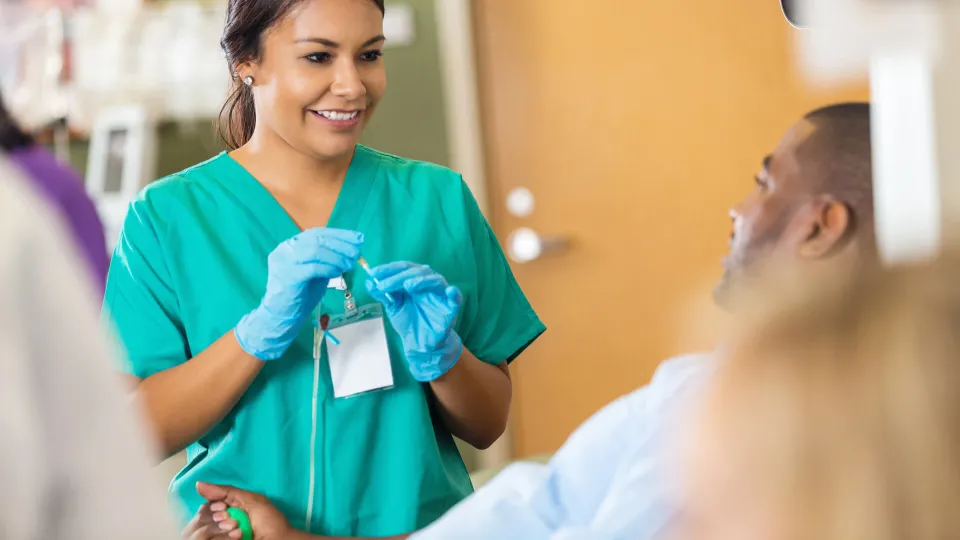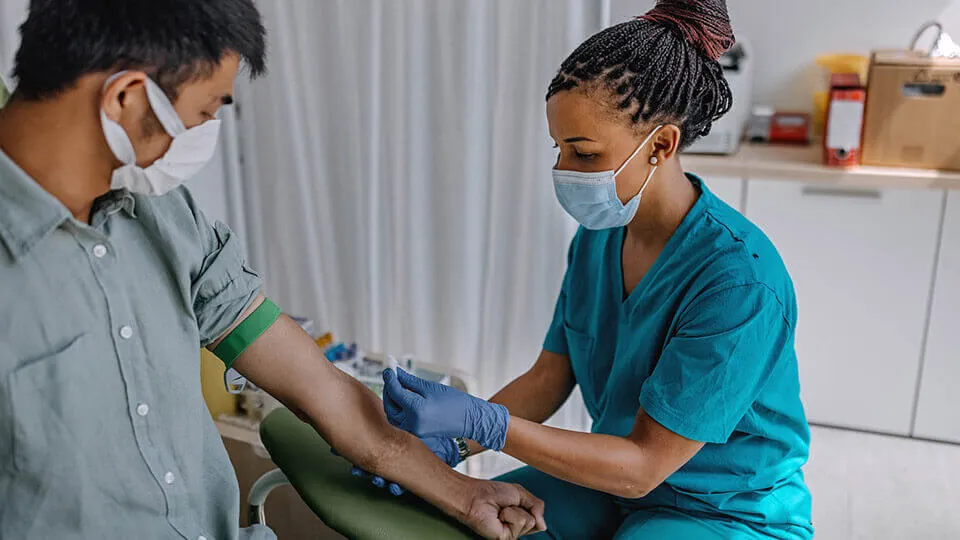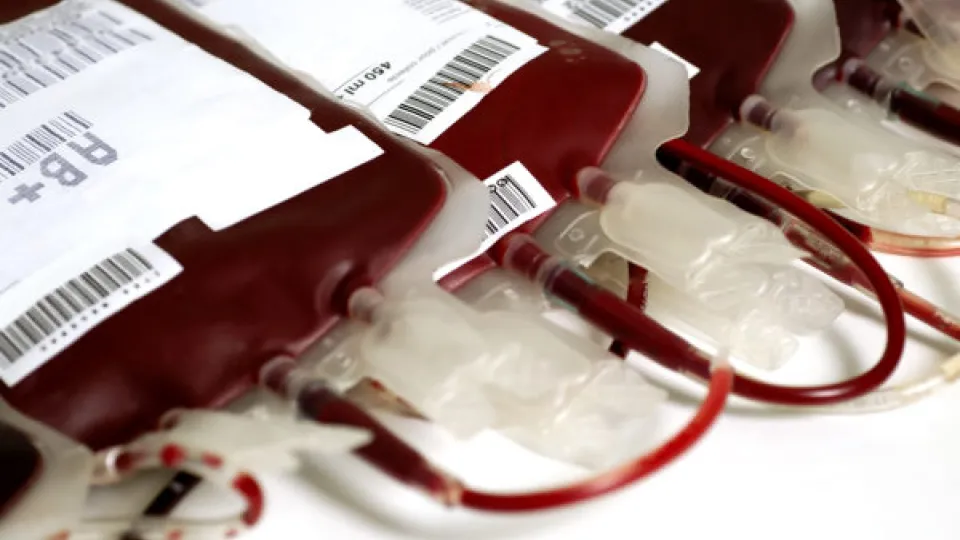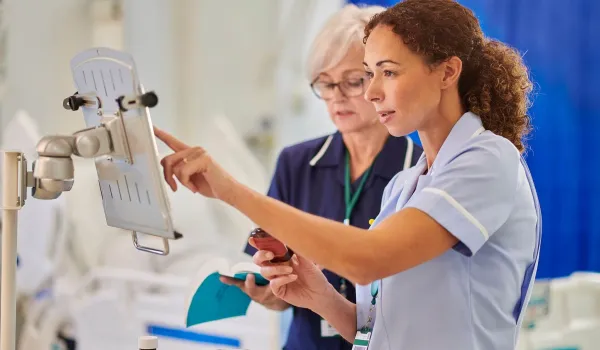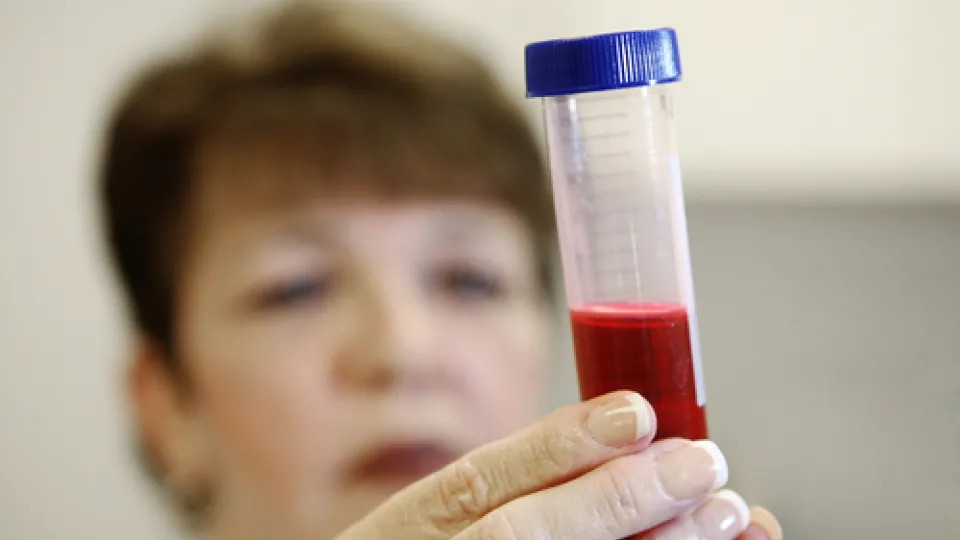
Today is World AIDS Day. We thought we'd commemorate it by pointing out steps Medical Laboratory Technicians, such as those who receive their training at Concordes campus in Memphis, Tenn., take to safely handle blood and avoid contact with the HIV virus that causes AIDS.
We asked Charles King, MLS, Clinical Director of the Medical Laboratory Technicians program at Concorde - Memphis, to detail his basic steps to safely handle blood. What Charles had to say was illuminating and is below.
How Medical Laboratory Technicians safely handle blood
Blood and body fluids and universal precautions have become part of the everyday vocabulary in health care, King said. How body fluids are handled depends on the perception of risk for acquiring an infection from these substances and is not always based on sound knowledge.
According to the concept of "universal precautions," all human blood and certain human body fluids are treated as if known to be infectious for HIV or other blood-borne pathogens. The following practices can help lab workers put universal precautions into practice.
- Wear a lab coat or gown and gloves when processing human specimens, when handling contaminated articles and during cleaning and decontamination procedures. Change gloves and wash hands when processing is finished.
- Wash hands when procedures are complete, after removing protective clothing, before leaving the lab and whenever there is a tear in a glove.
- Use a mask, safety glasses, goggles, or a face shield to protect eyes, nose and mouth during procedures in which splashing or aerosolization is expected.
- Handle sharp items with safety awareness. Maintain eye contact with the item.
- Use needles only when there is no alternative.
- Do not recap, bend, break or remove needles by hand from disposable syringes.
- Discard sharp objects in puncture-resistant, labeled containers. Place these containers as close as possible to where "sharps" are used.
- Decontaminate lab materials and surfaces after a spill of blood or body fluid, before reprocessing contaminated material in lab tests and when work activities are complete. Disinfect with a one-percent solution of sodium hypochlorite or a 1:100-1:10 dilution of household bleach in water.
- Choose a suitable specimen container, avoid contaminating the outside of the container or the requisition, and be sure the lid is on tight. Decontaminate the outside of the container before transporting.
- When collecting specimens, do not force liquid into a vacuum tube collector.
- Never pipette by mouth.
- Use biological safety cabinets for procedures that are likely to create aerosols, such as bending.
- Use capped tubes when vortexing or centrifuging specimens.
- Shield machines which splash or splatter.
- Wrap a cotton or gauze pad moistened with disinfectant around rubber stoppers or lyophilized (freeze-dried) containers while opening them.
Interested In How To Become a Phlebotomist?
Click here to explore Phlebotomy programs near you!
Anticipation is key for Medical Laboratory Technicians
King said anticipating potential contact with infectious materials in routine and emergency situations is the most important step for Medical Laboratory Technicians in preventing exposure to and transmission of infections. That, along with universal precautions and infection control techniques in all situations that might present themselves is key to preventing the hazard of infection.
Take The Next Step Towards a Brighter Future
Interested in learning more about our Phlebotomy program?
We have a Concorde representative ready to talk about what matters most to you. Get answers about start dates, curriculum, financial aid, scholarships and more!

